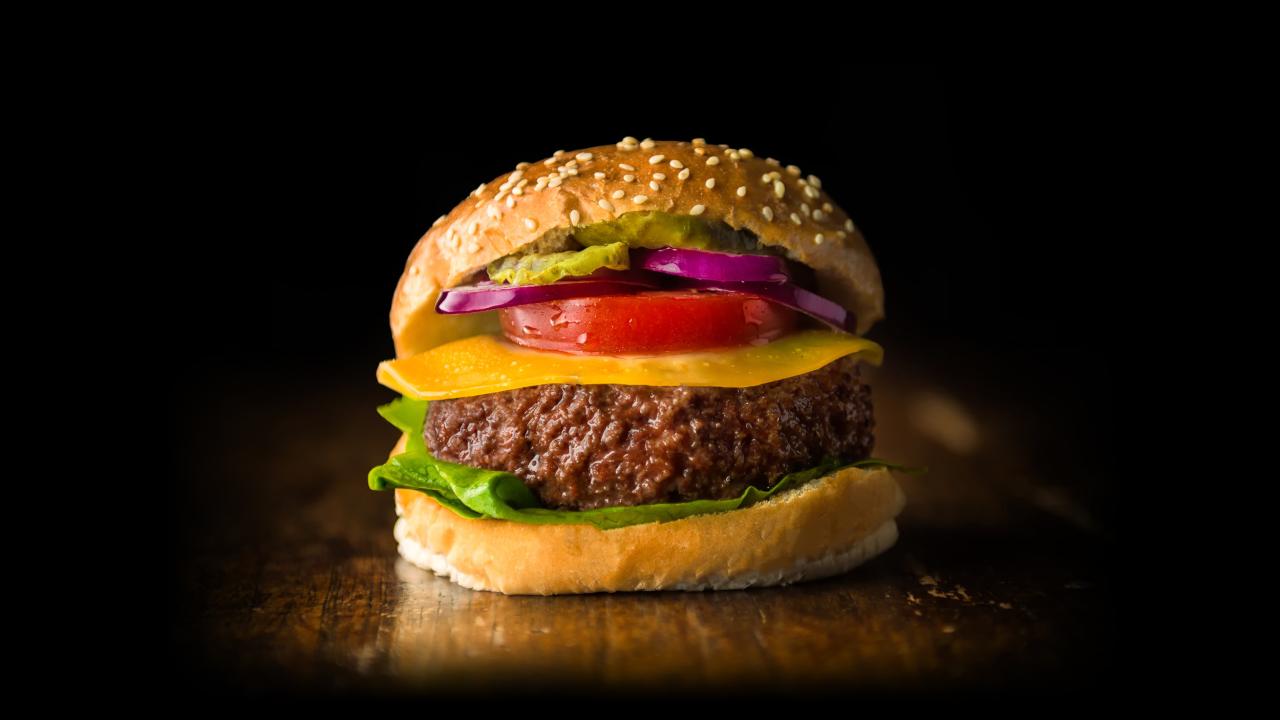run from it, dread it, beans arrive all the same



Idk if you read the article or not, but most of this can be attributed to the fact that our grid runs on emitters. Fix that and it goes down significantly.
Also, you really shouldn’t be rooting against this tech, its anti-materialist. The quickest way to solve the ethical issues of meat production is with this tech. No, you will never convince America (or any country in the world) to be 100% vegan without full replacements of all meat varieties. This line of thinking that you can persuade all people to stop eating meat is idealism, not materialism. A reduced price and easier manufacture of lab grown meat will accomplish that, however, and I think we’re likely to see this tech being more popular in places like China, as they have taken a focus on it in their 5 year plans.
This paper also ruled out altering the cells of these proteins to be more resistant to endotoxins natively… which is absurd, of course its possible that can be resolved through selecting the most fit cells, and that is another part of the bulk of CO2 emissions mentioned by this paper going away.
I’d also like to point out that this research is not lab tested and is not peer reviewed, they simply amalgamated and indexed other papers and looked for amounts reported. A proper investigation into this would require field work and consistent equipment. Its kinda wild how much of a media footprint this non-peer-reviewed article with no original research has… This is probably the cheapest kind of research paper to commission, I wouldn’t be surprised if the meat industry was astroturfing this.
Believing that this tech will solve the environmental and ethical problems of animal agriculture is anti materialist. Cultured meat is almost certainly going to be way more resource intensive to produce than plant based alternatives. There’s no way around it.
You also don’t need to convince anyone to go vegan. The world at large either has to wind down it’s reliance on animal agriculture or face the environmental devastation that comes with it. Remember culture develops as a consequence of material conditions. It’s anti materialist to think otherwise.
For the record, the CPC disagrees with you and their body consists of thousands of engineers and historically cares a lot about food production. Though they are focusing on different meat products, namely eggs and pig skin. Eggs imo are far more likely to succeed here in the near future based on the research I’ve read in China. I remember researching how much funding this is getting in each country and China was funding this research on a scale of 10-1 over the West.
I’m open to being proven wrong but I just don’t think it’s viable. It’s not as simple as throwing a few cells in a bioreactor.
To make this commercially viable you would have to develop a very efficient supply chain to produce all the complex nutrients and hormones necessary to grown animal tissues in vitro. You would have to do this without relying on the byproducts of animal agriculture as is currently the case. Most of the research I’ve read kind of hand waves away that issue.
Next, you have to culture animal tissues at an industrial scale. This is the challenge some researchers are trying to address. I think this may be possible but it’s unlikely to be very efficient. You still need to “feed” your cells over a long period of time as muscle tissue does not grow quickly, even when stimulated with hormones.
Lastly, if you somehow find solutions to all those problems I think it’s unlikely you’ll have a product that closely imitates the taste an texture of meat. Animal tissues are complex. They contain a variety of cell types and extra cellular proteins that no attempt at lab grown meat has come close to replicating. I think it’s next to impossible for them to get cells to grow into a complex tissue like they would in vivo. So instead you’ll be left trying to cobble together a cell based mush full of antibiotics and growth hormones into something that looks edible.
The alternative is just using plant protein as a basis for meat alternatives. That’s something the CPC is also supporting. Personally I’m already pretty impressed by what’s available now. Improving it to a point where people will be comfortable giving up meat seems much more viable in my opinion than lab grown meat.
deleted by creator



